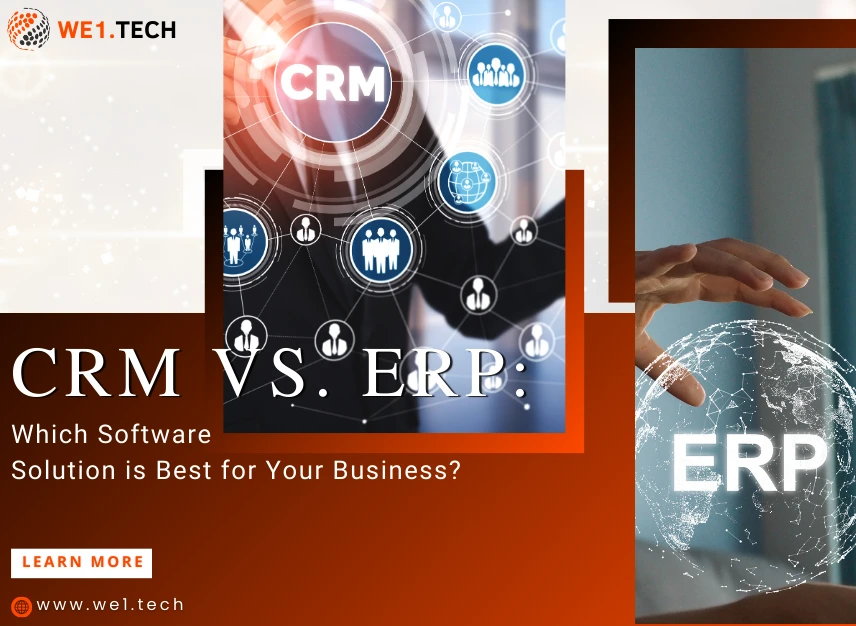
In today's digitalized world, businesses rely on technology to streamline their operations and stay competitive. Two of the most popular software solutions they turn to are Customer Relationship Management (CRM) and Enterprise Resource Planning (ERP) systems. While both are powerful tools, they have very different purposes. CRM focuses on enhancing customer interactions and managing sales and marketing efforts. ERP integrates internal operations like finance, HR, and supply chain.
Understanding the distinctions between these systems can help you determine which one—or both—suits your business needs. So, dive in!
This software collects and organizes customer-related data from various channels like emails, social media, phone calls, and websites. This data is then used to: